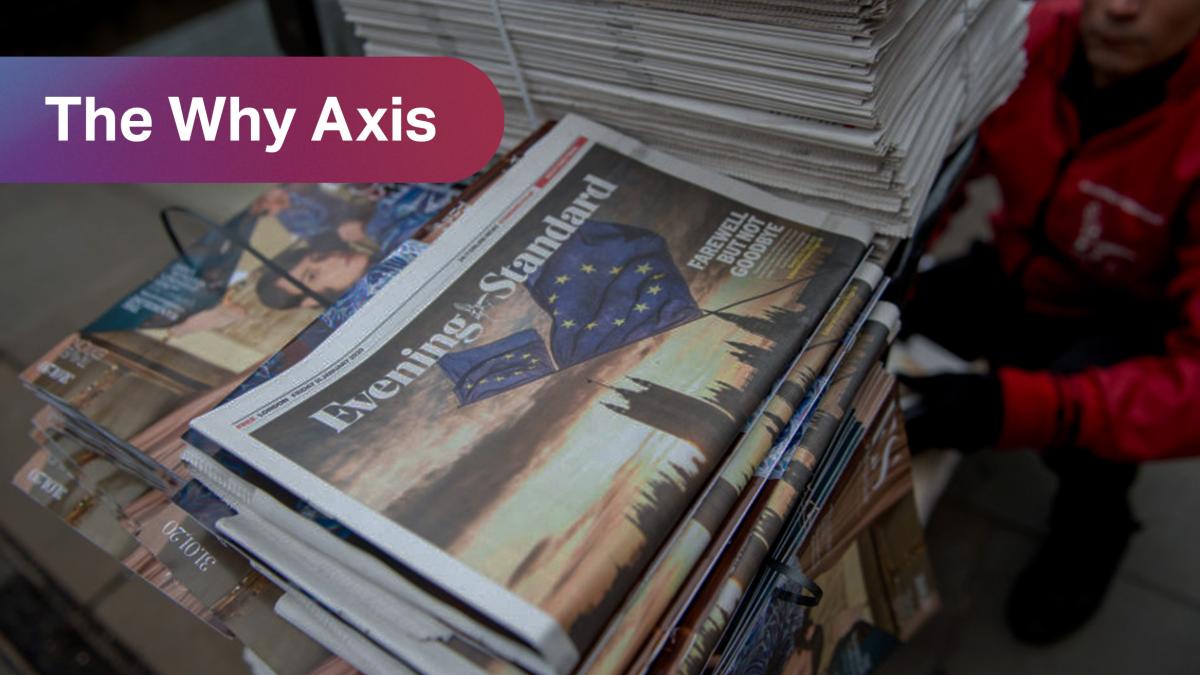How can EU policy drive the transition to net-zero?


Transitioning away from a fossil fuels-powered economy will dominate the policy agenda for years and there is surprisingly little consensus on what this entails macroeconomically. Top-down analyses based on model simulations regard potential economic consequences as benign, if not positive. Bottom-up assessments are less sanguine.
First, simulations often fail to recognise that whilst the transition to a carbon-neutral economy will boost aggregate investment, it will not increase potential output. The core mechanism for the medium term is to substitute capital for fossil fuels. Investment will add to the demand side, while supply will remain unchanged or contract. Such a supply shock is inflationary.
Second, the transition will not be smooth. As all industrial revolutions, it will involve reallocation of labour and capital, shocks to sectoral profitability and a repricing of assets. Model simulations take away part of the corresponding economic cost, such as the assumption workers laid off by combustion engine manufacturers will easily transition to a new job. But those workers may not possess the required skills and if they do, lack of geographical mobility may hinder reallocation.
Third, the transition is policy-driven rather than technology-driven. Policy is crucial to trigger the required massive investments. With the remaining distance between policy requirements and pledges (the ambition gap) and by that between pledges and actual policies (the implementation gap), policy action needs to catch up – and fast.
The lesson from the fuss about globalisation is that potential costs of transformation should not be overlooked. It is high time to remember it.
The Why Axis is a weekly newsletter distributed by Bruegel, bringing you the latest research on European economic policy.



